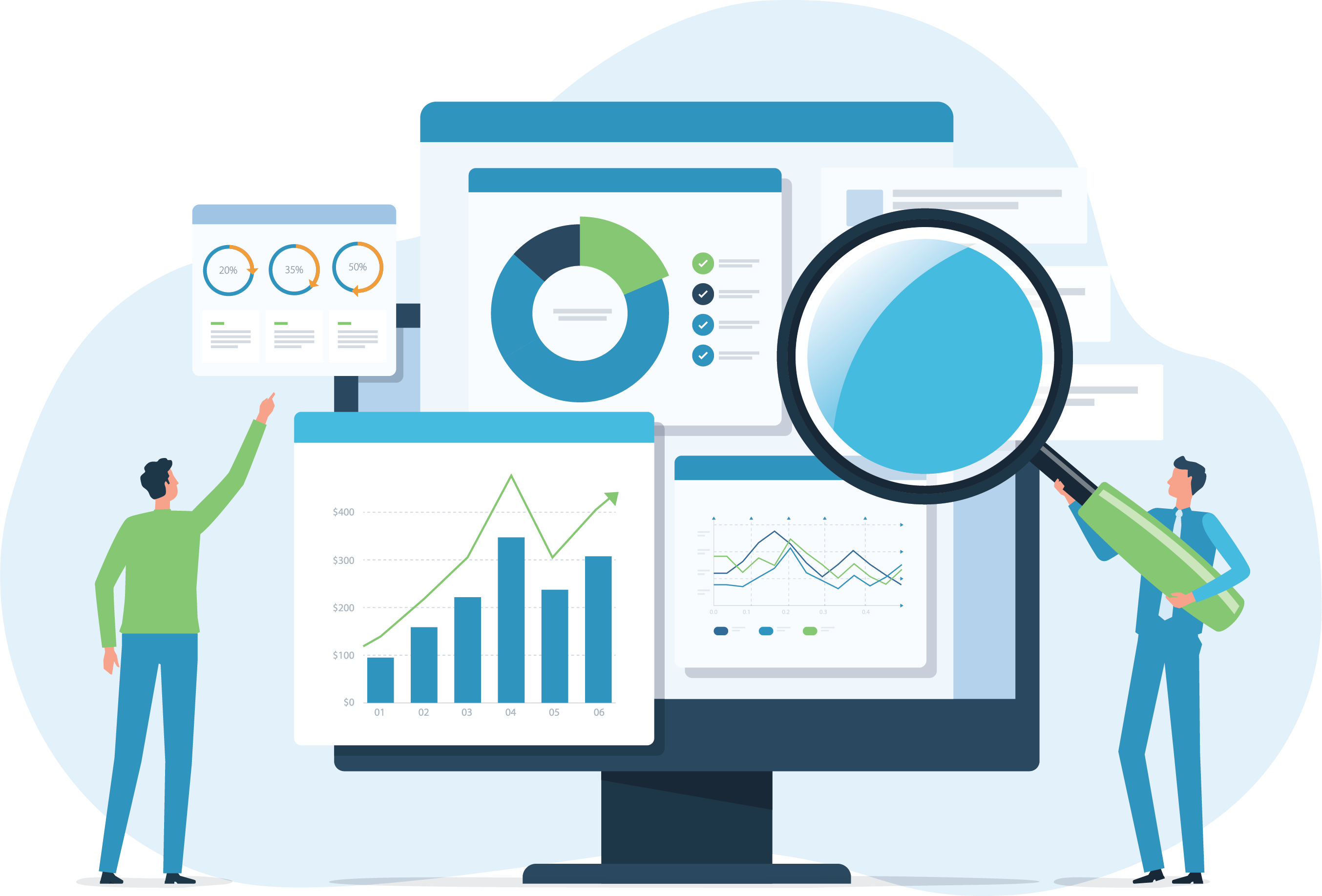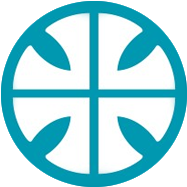
POWERFUL CRM FEATURES FOR LIFE PLAN COMMUNITIES
Continuum CRM handles the most complex fee and deposit structures, merged documents for agreements and contracts, shared calendars and includes a flexible workflow engine to move prospects through long sales cycles.
Why Choose Continuum CRM?
Continuum CRM takes the best practices of the Senior Living industry and integrates them into one comprehensive cloud-based CRM tool.



